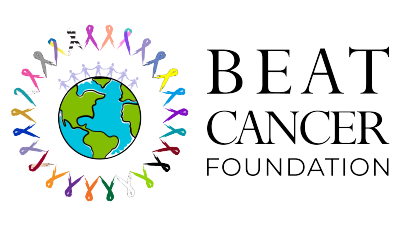
The Paleo Diet

The Paleo Diet: A Guide to Better Health
Have you ever considered following the footsteps of our ancestors to achieve better health? The Paleo Diet, often referred to as the Caveman Diet, is based on the premise that if our prehistoric ancestors didn't eat it, neither should we. This dietary approach encourages the consumption of foods that were easily accessible to our forebears, such as meats, fish, nuts, leafy greens, regional vegetables, and seeds. In this comprehensive guide, we'll delve into the do's and don'ts of the Paleo Diet, its advantages, and the challenges you may face while embracing this lifestyle.
Savoring the Paleo Plate: What's on the Menu The Paleo Diet welcomes a variety of wholesome foods, including lean meats, fish, seafood, fresh fruits, non-starchy vegetables, nuts, seeds, eggs, and plant-based oils. To give you a taste of the Paleo plate, think chicken, turkey, pork, lean beef, fish, almonds, walnuts, pumpkin seeds, sunflower seeds, and nourishing oils like olive, walnut, and coconut.
The Paleo No-No's: What to Avoid The Paleo Diet restricts the consumption of grains, starchy vegetables, legumes, beans, dairy products, high-fat meats, sugars, processed foods, trans fats, and salty foods. Some examples of these off-limit items include oats, wheat, potatoes, corn, beans, peanut butter, milk, cheese, rib roast, salami, soda, candy, doughnuts, macaroni and cheese, crackers, and chips.
Reaping the Rewards: Benefits of the Paleo Diet Adopting the Paleo Diet can offer numerous health benefits, such as:
- A cleaner diet, free of additives, preservatives, or chemicals
- Anti-inflammatory effects, thanks to the plant nutrients found in fruits, vegetables, oils, nuts, and seeds
- Enhanced iron intake, derived from red meat consumption
- Improved satiety, due to the higher intake of protein and fats
- Weight loss, resulting from the limited food choices
Navigating the Challenges: Drawbacks of the Paleo Diet Despite its advantages, the Paleo Diet also comes with its share of challenges. Some of the potential drawbacks include:
- The high cost of maintaining the diet, as it requires purchasing premium-quality meats and produce
- Possible health and energy level decline due to the exclusion of grains and dairy
- Difficulty in adapting the diet for vegetarians, as it prohibits beans
- Insufficient carbohydrate intake for athletes, which may impede peak performance
In summary, the Paleo Diet offers a distinctive approach to eating, emulating the dietary habits of our ancestors. While it boasts numerous health benefits, it also presents some challenges, such as the associated cost and the potential difficulty in adhering to the regimen. For those intrigued by the science behind the Paleo Diet and eager to learn more, Dr. Sunil Pai, an expert in integrative medicine, has penned a 10-step guide to assist you in preventing and treating disease through tailored dietary and lifestyle modifications.
“Knowing all your treatment options could be life-saving!”
Location
Sheridan, WyomingTogether, we can beat cancer
Thank you for your interest in the Beat Cancer Foundation. We are here to support you every step of the way in your cancer treatment journey. Please fill out the form below, and our team will be in touch with you shortly. Together, we can beat cancer. (307) 291-0991

